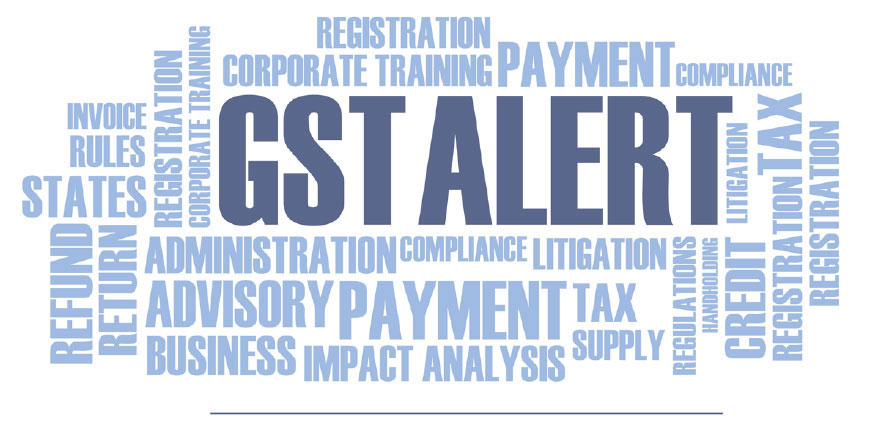- Dated 26th June, 2024

DGGI does not hold Authority on taxpayer having GST registration under State
This Jharkhand High Court's Decision illuminates the complex jurisdictional challenges inherent in tax enforcement, particularly when multiple tax authorities are involved. The court's decision, based on a meticulous examination of statutory provisions and clarifications, underscores the principle of equal jurisdiction between State and Central tax authorities.
Background of the case: -
The petitioner became ensnared in a web of investigations initiated by multiple tax authorities as the State Goods & Services Tax Department, the Preventive Branch of the Central Goods & Services Tax, and the Directorate General of Goods & Services Tax Intelligence conducted simultaneous proceedings based on allegations of irregularities in availing Input Tax Credit.
Being aggrieved a writ petition was filed by the petitioner seeking a declaration that the authority initiating proceedings first should exclusively conduct the entire investigative process.
Petitioner's Contention: -
- The main argument was based on Section 6(2)(b) of the CGST Act, reinforced by a clarification issued on 5th October 2018 which elucidates that officers from both Central and State tax authorities can initiate intelligence-based enforcement actions on the entire taxpayer base, irrespective of administrative assignments. Importantly, the authority initiating such action is empowered to carry out the entire process of investigation, adjudication, and recovery arising from that action.
- The petitioner argued that once the State GST authorities commenced proceedings, subsequent notices from other tax wings, namely Central Goods & Services Tax and DGGI, should be invalidated.
Respondent's Contention: -
- The DGGI argued that its jurisdiction, as guided by Section 6 of the CGST Act, 2017 empowered it to conduct investigations regardless of the taxpayer's administrative assignment.
- DGGI defended its actions, asserting that the investigations were initiated at the central level in response to a broader operation targeting a "Fake GST Invoicing Gang" in Noida.
Held:-
- The Hon'ble High Court while rejecting the concept that DGGI enjoys superior jurisdiction, using the equal standing of state GST while initiating proceeding and conducting investigations
- It invoked Section 6(2)(b) and the clarification that the State GST authorities shall continue with the proceedings which was initiated earlier than DGGI.
- Therefore, the Hon'ble High court was of the view that CGST along with DGGI shall forward all their investigation made against the petitioner to the SGST Authorities and the SGST Authorities shall carry on with the proceedings from the same stage.
In a similar case the Hon'ble Delhi High Court hold different view:
The Delhi High Courtwas of the view that when there is no dispute that officers of both the authorities are in the jurisdiction to conduct the investigations, there is no question of cross empowerment. Also the object of Section 6(2)(b) of the CGST Act is to ensure that cross empowerment of officers of central and state tax do not result in the taxpayer being subjected to parallel proceedings but it cannot be said that the provision prescribes for the transfer of investigations or proceedings. Further, it was held that in a case where investigations are commenced separately by two authorities and coincides at somestage, it cannot be implied that two authorities cannot consolidate the same.
Vivek Narsaria Vs State of Jharkhand W.P(T) NO. 4491 of 2023 Amit Gupta Vs. Union of India
Contact Us
BT Associates
Call: 033 2534-2717 /
033 6451-8729
Mail: enquiry@btassociate.com






